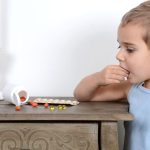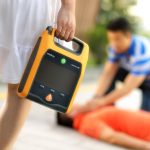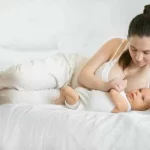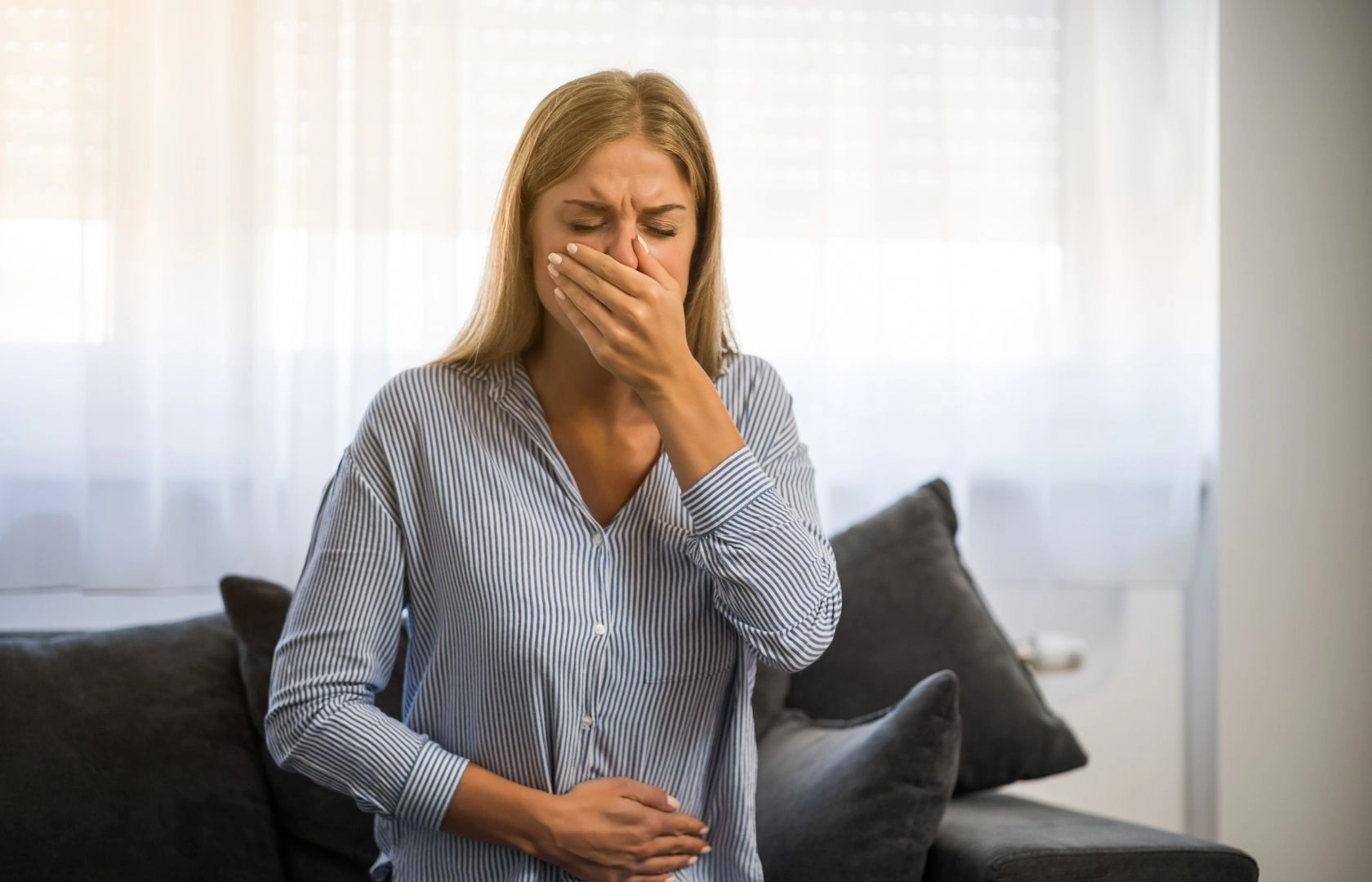
Key facts
- Poisoning occurs when someone is sufficiently exposed to a substance that can cause illness, injury or death.
- Common sources of poisoning include over-the-counter and prescription medicines, cleaning products, pesticides, and animal bites or stings.
- Call triple zero (000) immediately if you or someone you know stops breathing, slips into a coma, or has a seizure or a severe allergic reaction to suspected poisoning.
- Ways to prevent poisoning include childproofing storage containers, teaching children about poisons, and familiarising yourself with first aid for poisoning.
What is poisoning?
Poisoning occurs when someone is sufficiently exposed to a substance that can cause illness, injury or death. A poison can be any substance that causes harm in sufficient amounts, including:
- over-the-counter and prescription medicines
- herbal medicines and supplements
- alcohol and substances of abuse
- chemicals, such as cleaning products and pesticides
- venom or toxins from plants and animals
Poisoning can occur when people inhale, swallow, eat, inject or expose their skin to a large enough quantity of the substance.
Most cases of accidental medicine-related poisoning in Australia happen at home. Poisoning is a frequent occurrence: Australian Poison Information Centres respond to more than 160,000 cases of poisoning each year (which equates to about one in every 145 Australians).
What are the symptoms of poisoning?
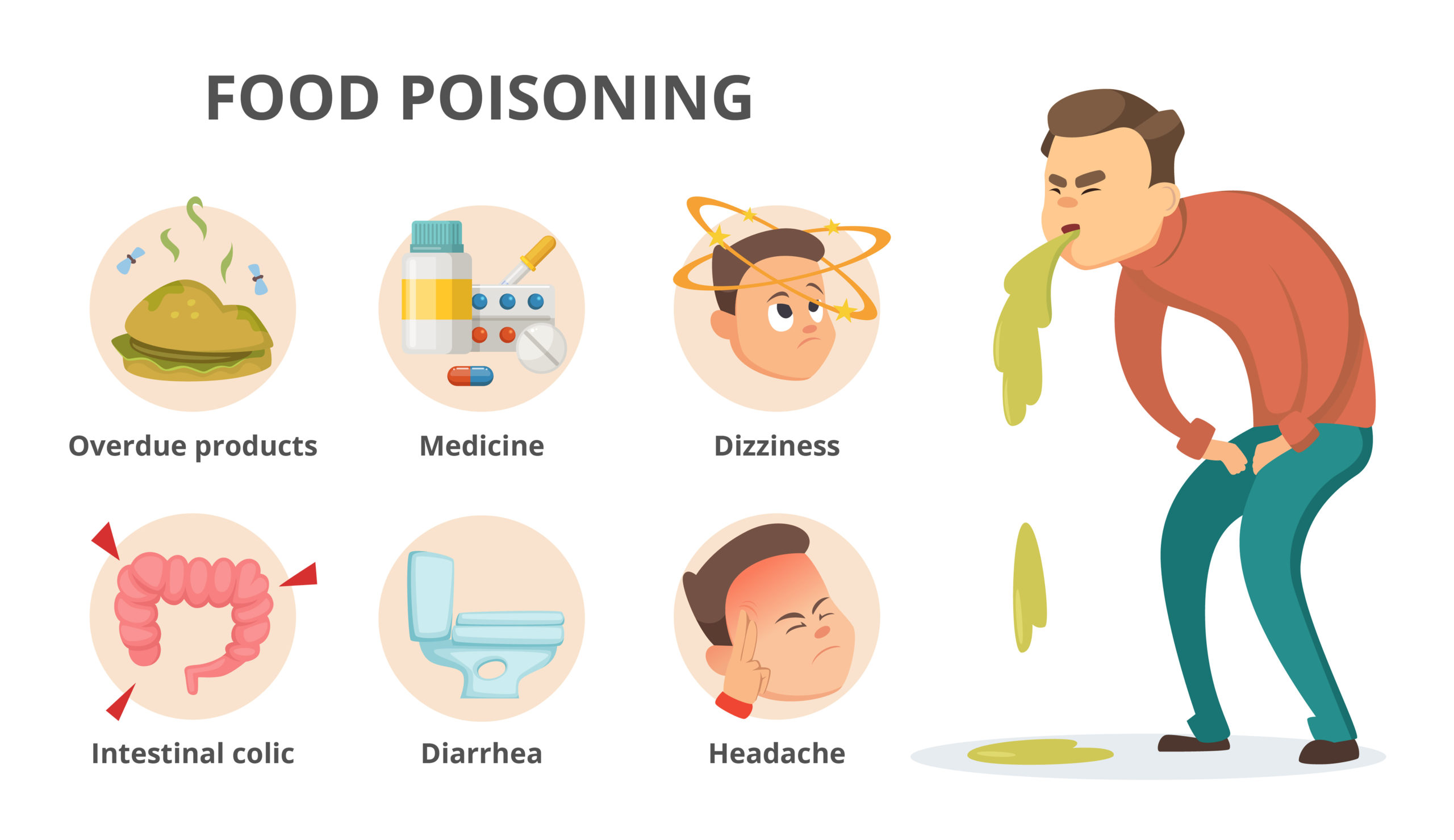
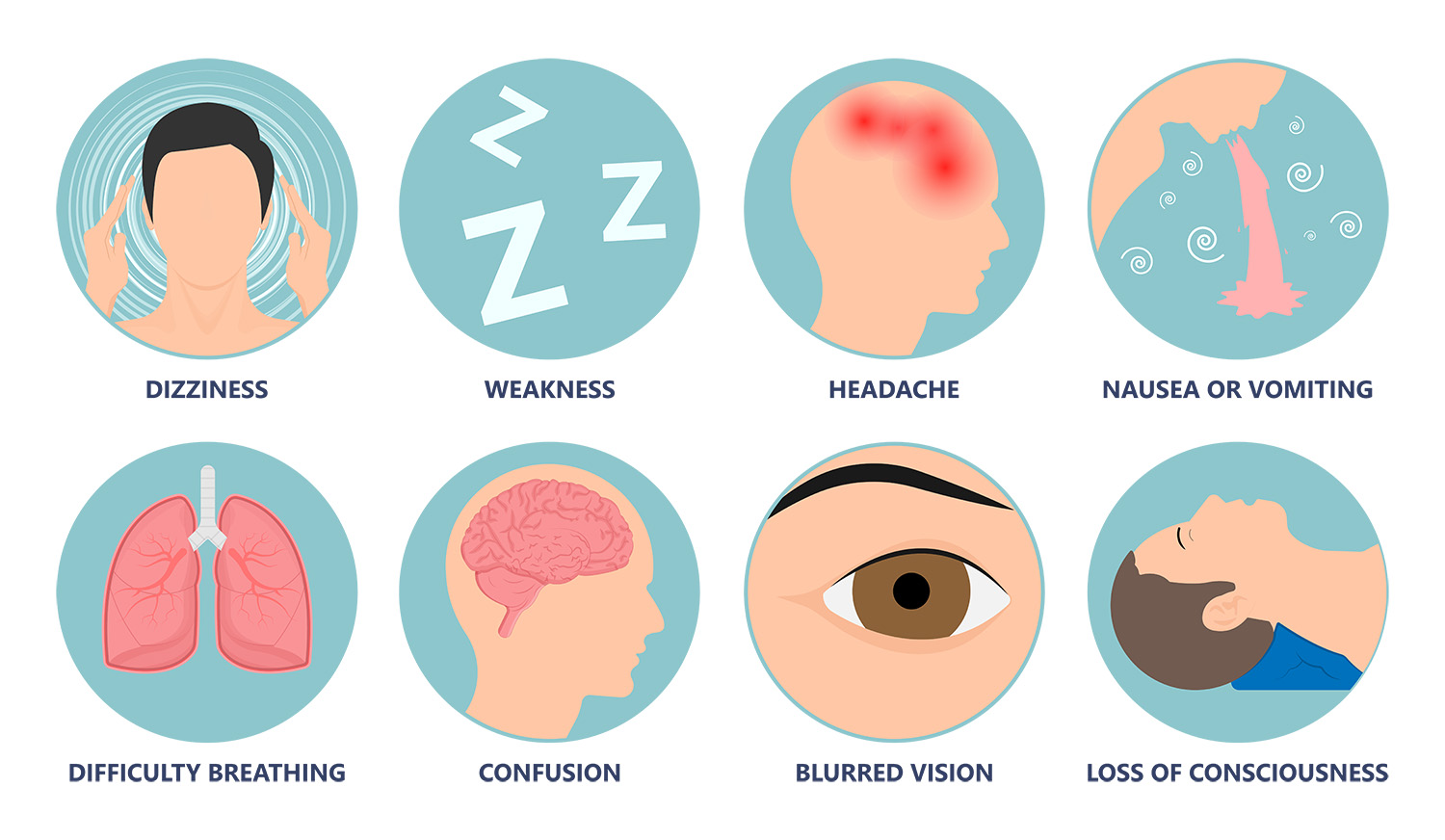
Symptoms of poisoning differ between types of poison, how much the person took or was exposed to, the person’s age and size, and their general health. Some symptoms to watch for include:
- painful, red itching or blistering skin
- excessive sweating
- nausea and vomiting
- drooling
- difficulty breathing
- numbness, tingling and twitching of the mouth and tongue
- stomach or throat pain
- burns in the mouth or throat
- confusion
- drowsiness or loss of consciousness
- seizures (fits)
What causes poisoning?
Common sources of poisoning include:
- medicines such as paracetamol, ibuprofen, antidepressants, heart medications and sedatives (1 in 5 cases)
- bleach and other household cleaners (1 in 10 cases)
- soap and other toiletries (1 in 25 cases)
- bites and stings from spiders, snakes and other animals
- pesticides and other household chemicals
- all types of batteries, including button batteries
- solvents, paints, glues and other workplace products
- certain plants, mushrooms, trees, flowers and berries
Poison Information Centre warnings include certain other household products, such as camphor blocks, chest rubs and vapouriser fluids, and naphthalene (moth balls and flakes).
Children are more at risk of poisoning than adults because their skin is thinner and they have a higher breathing rate. Young children aged 1 to 3 years are most at risk.
Poisoning often occurs when substances are not stored in a secure area — just after purchase, when in use, while moving house, or at other people’s homes.
When should I seek help?
has a seizure (fit) or a severe allergic reaction (anaphylaxis), or has been exposed to a harmful substance. Information Centre) to speak with a poisons expert. You can call 24 hours a day from anywhere in Australia.
What first aid should I give for suspected poisoning?
If the person has collapsed, stopped breathing, is having a seizure or suffering an anaphylactic reaction, Otherwise, follow the first aid instructions for suspected poisoning below:
For swallowed poison:
- Do NOT induce vomiting. It doesn’t reliably remove poisons from the body and can cause more harm.
- Pick up the bottle or packet.
For inhaled poison:
- Move the person to fresh air quickly, if it’s safe to do so.
- Open doors and windows wide, if it’s safe to do so.
For skin exposure to poison:
- Remove any affected clothes.
- Don’t touch the chemical or exposed area yourself.
- Flood the skin with cool running water for 15 minutes, then wash with soap and water.
- Call the Poisons Information Centre on 13 11 26.
For eye exposure to poison:
- Hold eyelids open and flood with tap water from a cup, jug or from a slowly running tap for 10–15 minutes.
- Call the Poisons Information Centre on 13 11 26.
How is poisoning diagnosed?
A doctor will need to work out how harmful the poison is and manage it accordingly.
They may ask you:
- what substance the person was exposed to, and how much (you may need to refer to the bottle or packet)
- when and how they were exposed (mouth, airways or skin contact)
- what symptoms the person has
They may do blood tests to confirm or rule out common substances such as paracetamol.
How is poisoning treated?
If the person is admitted to hospital, staff will check their airway, breathing, blood pressure and heart rate and try to keep them in a conscious state. They will treat any symptoms and try to remove or counteract the poison.
If the substance is known, the doctor may prescribe an antidote. There are many different kinds of antidotes, depending on the specific poison. Don’t rely on antidote charts online or in books, or advice from friends and relatives, since their information may be out of date. The Poisons Information Centre will provide the most up-to-date treatment advice.
In cases where the poisoning was intentional (such as a drug overdose), the person may be referred to mental health services for extra support.
How can I help prevent poisoning?
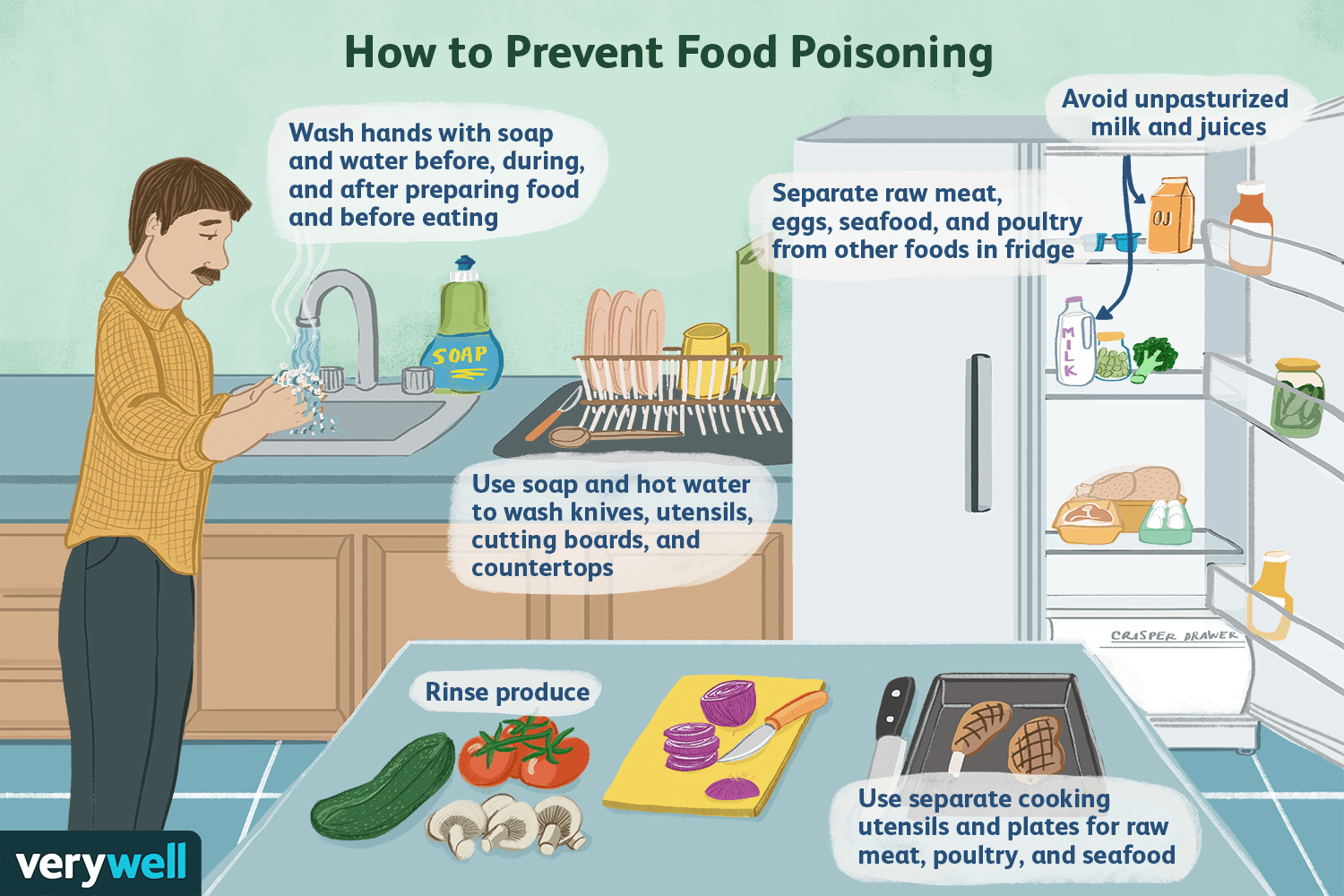
Inside the house:
- Keep alcohol, cleaning products and other dangerous substances in childproof locked cupboards, 1.5m above ground level.
- Keep spare batteries and devices with batteries, like toys and remote controls, 1.5m above ground level.
- Label all cleaning products, chemicals and medications and keep them in their original containers.
- Keep rooms well-ventilated where possible.
When handling medicines:
- Don’t store medications in the fridge unless asked to by your pharmacist.
- Use medicines in a well-lit room, and follow instructions carefully.
- Store handbags and toiletries out of reach of children.
In the garden or shed:
- Check that the plants and trees in your garden aren’t poisonous.
- Clear out any rubbish that might hide poisonous animals, such as snakes and spiders.
- Keep snail pellets, insect baits and repellents out of reach of children.
- Wear appropriate protection when painting, spraying or cleaning.
- Throw out unwanted chemicals at your nearest hazardous waste disposal service.
To help children understand about poisons:
- Closely supervise children, especially visitors, around the home.
- Avoid taking medications in the presence of children, especially if they like to copy you.
- Call medications by their proper names — don’t refer to them as ‘lollies’.
Other tips:
- Familiarise yourself with basic first aid for poisoning.
For more ideas on setting up a safer home for you and others, see The Children’s Hospital and Westmead’s checklist.
Are there complications of poisoning?
Complications of poisoning vary depending on the substance. Paracetamol overdose can lead to liver damage, or in some cases, death.
Some substances can be harmful even in small doses, and may cause complications such as seizures, organ failure and coma. If not managed quickly, poisoning may cause permanent damage or death.
Other poisons may only show effects over time. For example, extended exposure to carbon monoxide can cause permanent brain injury. Speak to your doctor if you have any concerns about your exposure to a substance, especially if it is ongoing or long-term, such as in your workplace.


